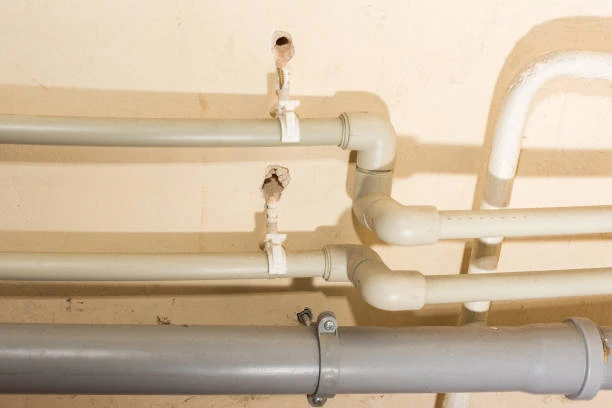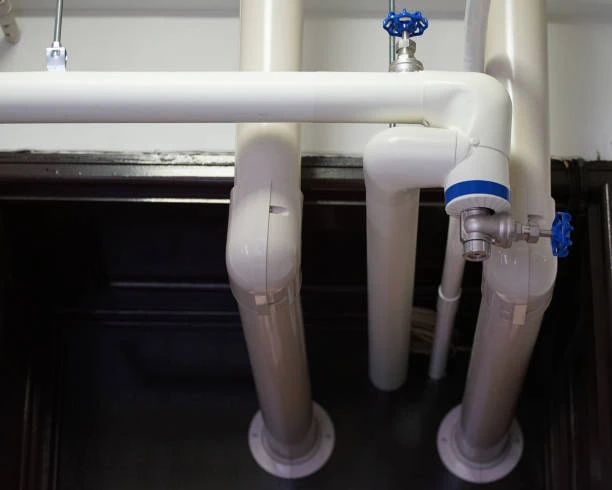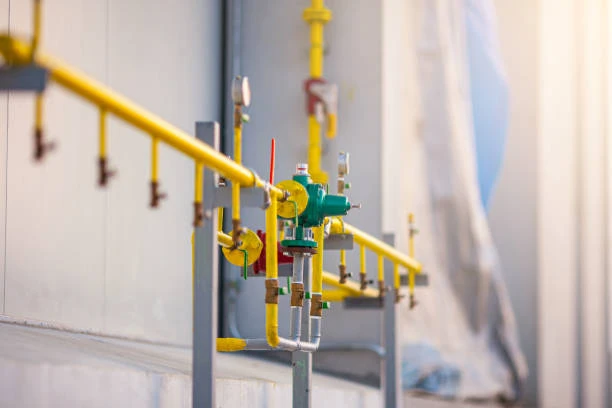Introduction to Ball Valves in Marine Engineering
trunnion ball valve play a crucial role in marine engineering. They control the flow of fluids safely and efficiently. In marine environments, reliability is paramount. The harsh conditions require robust valve solutions. One type of valve commonly used is the trunnion ball valve. This valve design offers enhanced stability and control. Its features make it suitable for various marine applications. Understanding the role of ball valves helps ensure safety and efficiency in marine operations.
Types of Ball Valves Used in Marine Applications
Different types of ball valves serve various purposes in marine engineering. Trunnion ball valves are popular for high-pressure applications. Their design allows for easier operation under extreme conditions. Floating ball valves, on the other hand, are suitable for lower pressure applications. Each valve type has specific advantages. For example, trunnion ball valves can handle larger volumes of fluid. This capability makes them ideal for mainline piping systems. Floating ball valves are often used in smaller systems. Choosing the right valve type is essential for operational success.
Advantages of Trunnion Ball Valves
Trunnion ball valves offer several advantages in marine engineering. First, their design provides excellent sealing capabilities. This feature prevents leaks, which is critical in marine environments. Second, they can handle high pressures and temperatures. This capability makes them suitable for various systems on ships. Third, trunnion ball valves require less torque to operate. This property allows for easier handling, especially in tight spaces. For example, in engine rooms, space is often limited. The ease of operation enhances efficiency during maintenance and repairs.
Applications in Marine Systems
Trunnion ball valves find applications in various marine systems. They are essential in fuel oil systems, where controlling flow is critical. These valves manage the transfer of fuel from storage tanks to engines. They also play a role in cooling water systems. Here, they regulate the flow of seawater used for cooling purposes. Furthermore, trunnion ball valves are vital in ballast systems. They help manage water intake and discharge for stability. Each of these applications underscores the importance of reliable valve technology.
Corrosion Resistance in Marine Environments
Marine environments pose significant challenges for equipment durability. Corrosion from saltwater can damage many materials. Therefore, selecting corrosion-resistant materials is vital for ball valves. Common materials include stainless steel and special alloys. These materials withstand harsh conditions better than standard steel. For trunnion ball valves, manufacturers often use coatings to enhance resistance. Such coatings protect the valve from corrosive elements. Regular maintenance also helps mitigate corrosion risks. Proper care extends the lifespan of ball valves in marine applications.
Safety Standards and Regulations
Safety is paramount in marine engineering. trunnion ball valve must comply with strict regulations. Organizations like the American Bureau of Shipping (ABS) set these standards. Compliance ensures that valves operate safely under marine conditions. Trunnion ball valves must undergo rigorous testing to meet these standards. This testing includes pressure tests and leak tests. Meeting safety requirements protects both the vessel and crew. Operators must keep records of compliance for inspections. Adhering to these standards enhances overall safety in marine operations.
Maintenance Practices for Ball Valves
Regular maintenance is essential for the performance of ball valves. Operators should establish a routine inspection schedule. This schedule should include checking for leaks and wear. Lubrication of moving parts ensures smooth operation. For trunnion ball valves, regular maintenance prevents sticking and enhances longevity. Additionally, operators should test the valves periodically. These tests ensure that they function correctly under pressure. Proper maintenance practices are crucial for preventing unexpected failures. Investing time in maintenance pays off with reliable valve operation.
Future Trends in Ball Valve Technology
The future of ball valve technology in marine engineering looks promising. Innovations focus on enhancing performance and reliability. Manufacturers are exploring new materials for better corrosion resistance. Furthermore, smart valve technology is gaining traction. These valves can integrate with monitoring systems for real-time data. Such advancements improve operational efficiency and safety. Trunnion ball valves will continue to play a vital role in these developments. As marine engineering evolves, so will the technology behind ball valves.
Conclusion
In conclusion, ball valves, especially trunnion ball valves, are essential in marine engineering. Their ability to control flow safely and efficiently cannot be overstated. Understanding the applications and advantages of these valves helps ensure successful operations. From fuel systems to ballast management, their role is critical. As technology advances, the performance of ball valves will continue to improve. Investing in high-quality valves will enhance safety and efficiency in marine environments. Ultimately, these components are vital for the success of marine engineering projects.
IFAN Products international standards
IFAN products strictly adhere to a comprehensive range of international standards, encompassing ISO 15874, EN 15874, ASTM F2389, DIN 8077/8078, GB/T 18742, NBR 15884, ISO 15494, EN ISO 15494, GB/T 19472, NBR 15494, ASTM 2846 (501), DIN 8079/8080 (502), ASTM F441/F441M SCH80 (503), DIN (504), DIN (505), GB/T 18993, AS/NZS 1477, CSA B137.6, NSF/ANSI 14, TIS 17-2532/1131-2535, BS 3505, BS 4346 (801), ASTM D1785 SCH40 (802), ASTM D1785 SCH80 (803), DIN (804), GB (805), GB (806), GB(901), DWV(902), ASTM D2665 (903), along with ASTM D2241, D2665, D2729, and F441/F441M series, ISO 1452, EN ISO 1452, DIN 8061/8062, GB/T 10002, AS/NZS 1477, JIS K6741, CSA B137.3, and other national and industry norms.
Connect
IFAN is a Chinese manufacturer of plastic pipes, fittings and valves with 30 years of experience. If you are interest in IFAN copper fittings, copper valves, plastic pipes and fittings, please contact us. IFAN offers you a variety of standard pipes to meet your specific needs. Click below to learn more about IFAN’s wide range of affordable and cost-effective valve products and piping system related products.
We will reply your email or fax within 24 hours.
You can call us at any time if there is any question on our production.
For more information,pls visit our webside https://waterpipefitting.com/
Pls Mailto: [email protected]
Whatsapp: +86 15088288323














Recent Comments